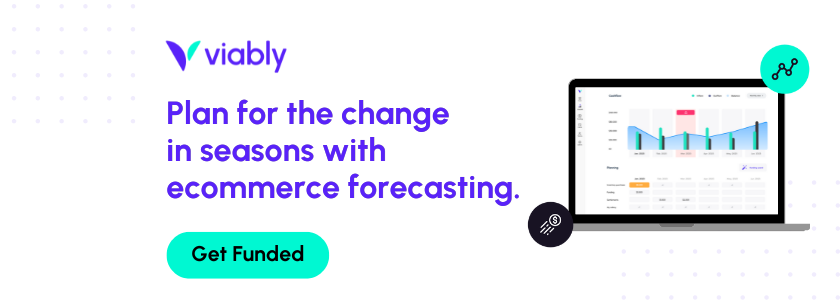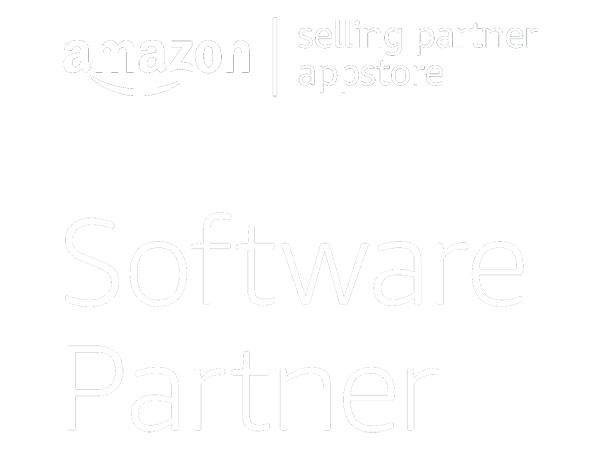Almost 2,000 new sellers enter the Amazon market every day. Due to the ease of using Amazon’s Fulfillment by Amazon (FBA) service, countless entrepreneurs set up new businesses through the world’s biggest e-commerce marketplace. However, while Amazon handles most of your order fulfillment, you must still handle your operating processes, which include the finances. Cash flow is a challenge for many small businesses, but it’s especially challenging in eCommerce. Many Amazon sellers start with their own personal funds, and even once they find revenue-generating products, they will always have significant lag time between sales and payments. That’s why Amazon seller account is so important.
So, eCommerce accounting is important—both for taxes and for business planning. If you’re looking for Amazon seller accounting tips, you’ve come to the right place. Follow these steps to get started.
Get Your Amazon Business Registered
Numerous Amazon businesses begin as side hustles and grow into larger entities over the years. For this reason, many sellers hold off on registering a business in the beginning. Many Amazon sellers continue working full time jobs for years before they focus exclusively on eCommerce. But as you start to make money with Amazon, your finances will become complicated quickly.
By registering your business, you can separate business revenue from your private earnings for tax reasons. This protects you from several liabilities. It also allows you to open a business bank account, which is a critical advantage in accounting. Perhaps most importantly, you’ll build business credit, which will provide funding advantages in the long term.
Take Note of Your Sales Tax

Amazon merchants must charge sales tax in all states where they have nexus, or a physical commercial footprint. This means you have a nexus in every state where Amazon Fulfillment Centers hold or distribute your merchandise. Check Amazon Seller Central to see where Amazon stores your merchandise. Once you’ve determined where you have a sales tax nexus, apply for a permit and begin collecting tax from shoppers in those areas.
Upgrade to Cloud-Based Accounting
Although physical bookkeeping systems or Amazon seller accounting spreadsheets are inexpensive and simple to use, they are only suitable for handling limited amounts of information. Besides that, they also require lots of time and it’s common to make calculation errors with them. If you’re committed to doing business on Amazon, you must ensure that your processes are reliable enough to manage high order volumes without errors. With a good cloud-based accounting system, you’ll enjoy quicker processing, and more accurate figures, and you can view your accounts anytime, anywhere. Also, you never have to manually create data backups and perform software upgrades yourself ever again.
Integrate Amazon Seller Central with an Accounting Software
Connecting Amazon Seller Central with accounting automation software allows you to instantly transfer data across the two systems. Accounting automation software helps you save time and eliminates the need to crunch numbers. With a top-tier Amazon seller accounting software, Amazon sellers can see their revenues, profits, expenses, COGS, platform fees, sales tax, and refunds paid in real time. All of it is accurately and automatically recorded so there is no room for errors.
While you’re thinking about platform integrations, here’s one more advantage of using an accounting software. You can use that accounting data to forecast cash flow and see real time insights through a free app like Viably.
Check Your Accounts Every Week
Maintaining your personal awareness and comprehension of your finances at all times is essential, even with accounting automation. Make it a weekly ritual. Regular checks won’t require more than 20 minutes, but they will help you track your shop’s activities and performance, promptly identify any problems, and identify trends in your expenses and revenue. Selling online is competitive and ever-changing. When you manage your finances in short but frequent intervals, you end up saving time while also learning more about your customers.
Of course, you should spend most of your energy on finding products, optimizing listings, and business operations. These are the parts of your Amazon business that will make money. But take just a little bit of time to establish solid accounting practices as quickly as you can. Not only will it save you time and money in the long run, it will also help you optimize the cash that you’re working so hard to earn.



